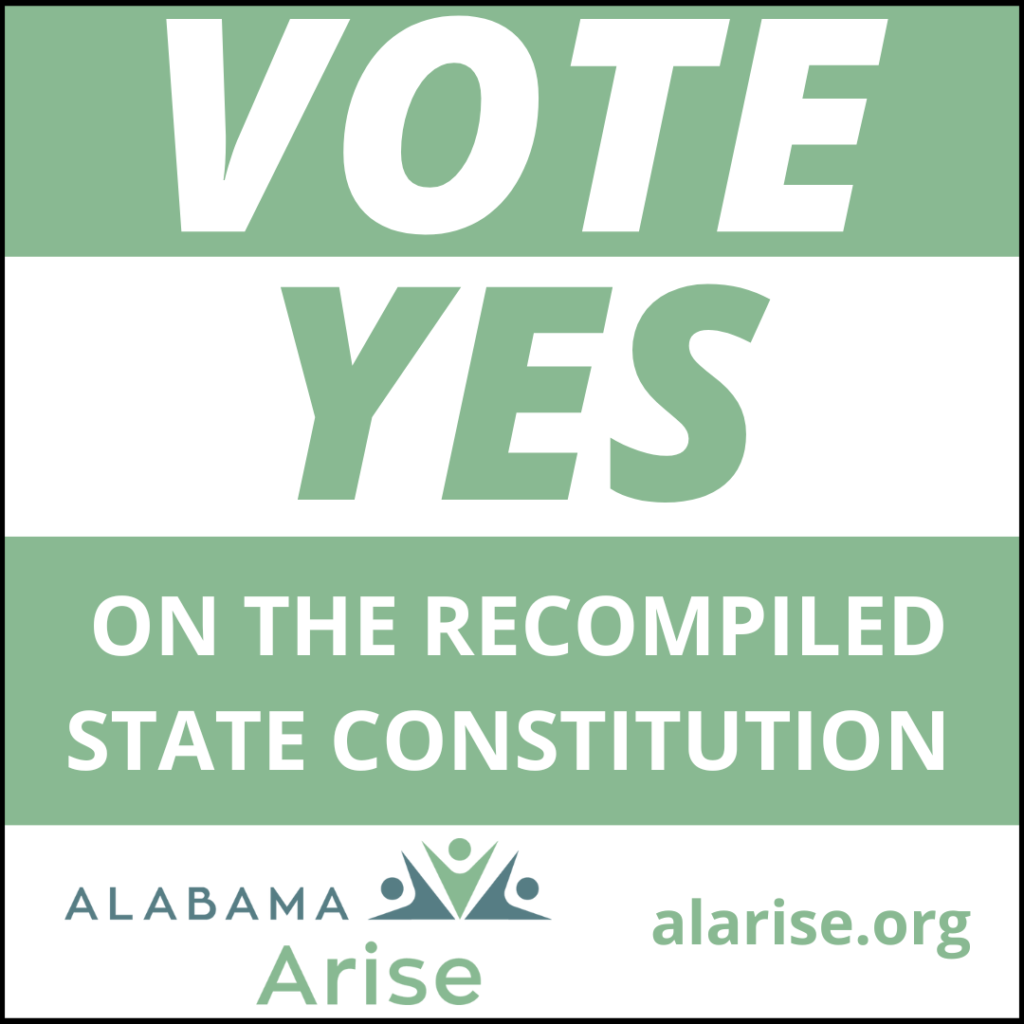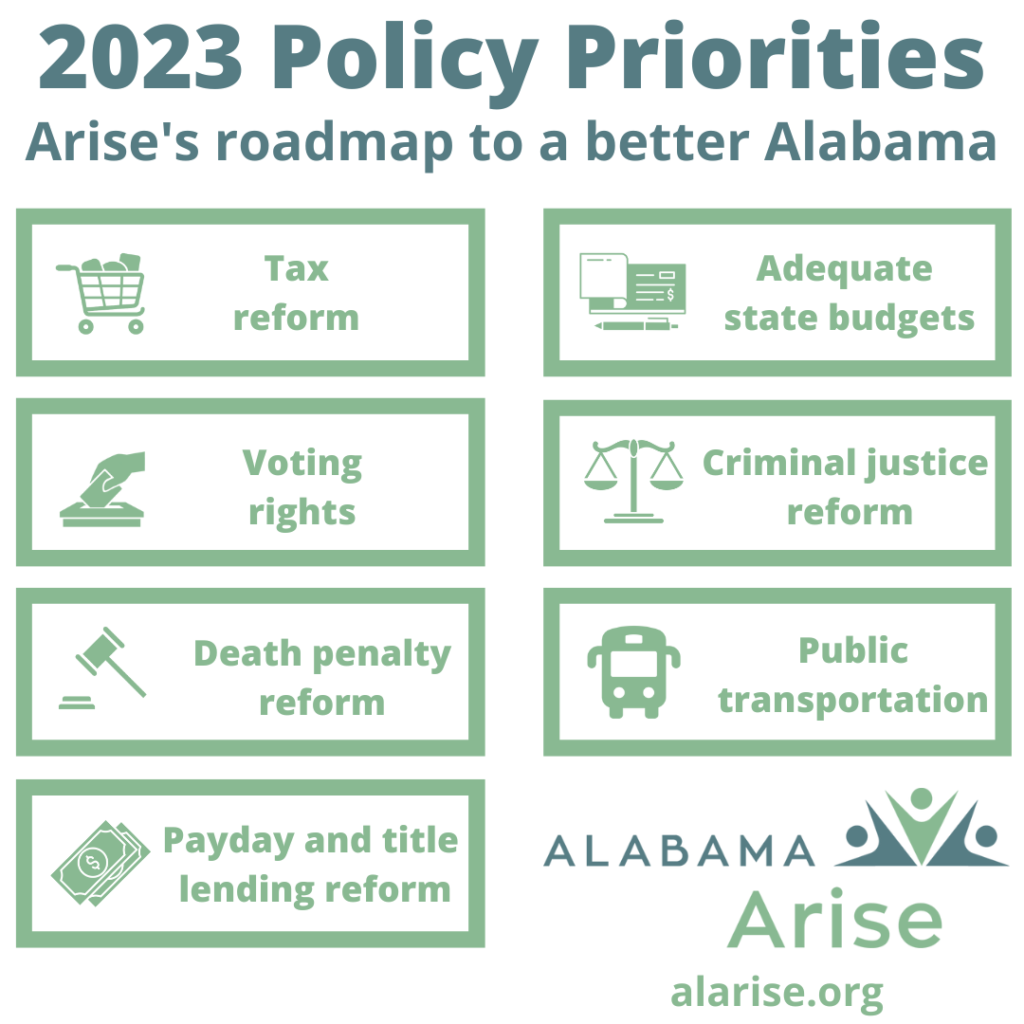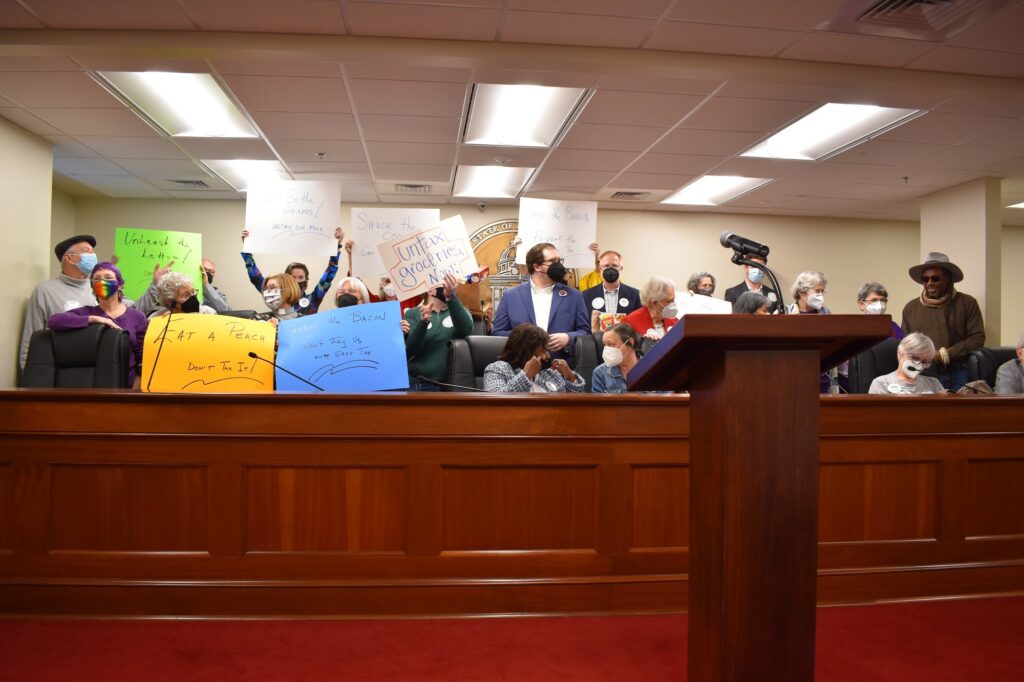Voting rights are an essential part of the democratic process, and we should be wary of any legislation that unnecessarily prevents people from voting. But HB 209, sponsored by Rep. Jamie Kiel, R-Russellville, would do just that. This bill would make it a felony to assist others in the absentee ballot application and submission process, except under very narrow exceptions. Here are three reasons to oppose this bill in the Alabama Legislature’s 2023 regular session:
Alabama’s absentee voting application process is already secure and safe. There’s no need to add confusing and frightening requirements to an already secure process.
- This bill would prohibit any person from knowingly distributing, ordering, requesting, collecting, completing, obtaining or delivering an absentee ballot application or absentee ballot of another person.
- Making it a crime to assist people in the absentee ballot application process is completely unnecessary. It would create a chilling effect on voters as they become more fearful of an already difficult process.
- This legislation reflects an untrue and dangerous narrative about voting rights and the voting process in our state. Former Secretary of State John Merrill repeatedly has gone on record to say the 2020 election was safe, and that few, if any, instances of voter fraud occurred.
This bill likely would have unintended consequences. Innocent people would become the victims of ideological warfare.
- The stated intent of this legislation is to ensure that people don’t profit from, or take advantage of, the absentee ballot process. However, because the penalties are so severe, they almost certainly would scare people who are attempting to assist voters who legitimately need help.
- This bill would make it a felony to drop off a neighbor’s or friend’s absentee ballot or ballot application, even if that person has a disability or no form of transportation.
- The bill’s exception allowing immediate family members to drop off a ballot or ballot application for you is not enough to mitigate harm. This exception is too narrow (for example, it does not explicitly mention in-laws) and would lead to further confusion around the voting process.
We need to expand access to voting, not make it more difficult.
- Alabama has a shameful history when it comes to preventing groups from voting in our state. We have long been at the center of the battle for civil rights and far too often on the wrong side of history.
- Our 1901 state constitution was written explicitly to establish white supremacy and disenfranchise Black and poor white Alabamians. This shameful legacy unfortunately persists in many aspects of our state’s voting process today.
- Our state has some of the strictest voting procedures in the country. Movements for an Election Day holiday, early voting periods, automatic voter registration and no-fault absentee voting all have met with intense opposition in the Legislature through the years.
- This bill would be one more barrier in a long line of barriers going back more than 100 years that attempts to limit democratic participation in Alabama. We need to remove unnecessary voting barriers, not add more of them.
Vote ‘No’ on HB 209 – Rep. Kiel’s bill that would narrow voting rights in Alabama
- Alabama’s absentee voting application process is already secure and safe. There’s no need to add provisions that could confuse or frighten people or discourage them from participating in our democracy.
- This bill likely would have real and unintended consequences for people who are just trying to help their friends or family members vote.
- Alabama already has some of the strictest voting laws in the nation. We should be making it easier, not harder, for people to be part of the democratic process.






